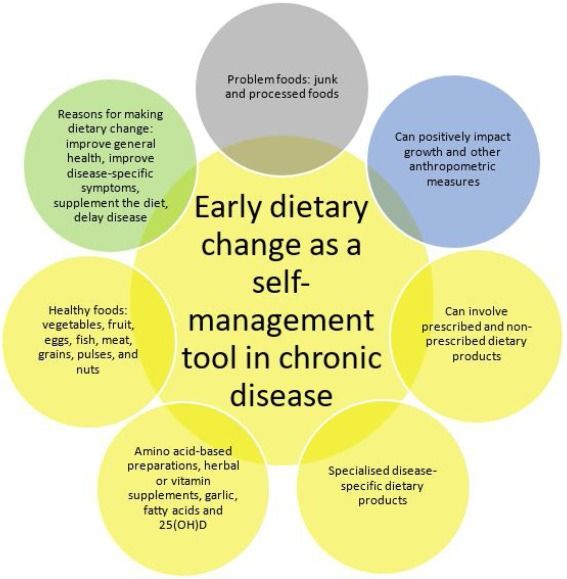In today’s fast-paced world, the prevalence of chronic diseases such as diabetes, hypertension, and heart disease is on the rise. While medications and medical interventions play a crucial role in managing these conditions, diet also plays a significant role in preventing and managing chronic diseases. In this article, we will explore the importance of diet in managing chronic diseases and provide valuable insights on how to make healthier food choices to improve your overall health.
Understanding Chronic Diseases
Chronic diseases are conditions that last for an extended period of time and often require ongoing medical attention. These diseases can significantly impact a person’s quality of life and can lead to serious complications if not managed properly. Common chronic diseases include diabetes, hypertension, heart disease, and obesity.
The Link Between Diet and Chronic Diseases
Diet plays a crucial role in the development and management of chronic diseases. Consuming a diet high in processed foods, sugar, unhealthy fats, and sodium can increase the risk of developing chronic diseases such as diabetes and heart disease. On the other hand, a diet rich in fruits, vegetables, whole grains, and lean proteins can help prevent and manage these conditions.
Key Nutrients for Managing Chronic Diseases
Certain nutrients play a crucial role in managing chronic diseases. For example, fiber is essential for managing diabetes as it helps regulate blood sugar levels and improve insulin sensitivity. Omega-3 fatty acids found in fish and nuts are beneficial for heart health and can help reduce inflammation in the body. Antioxidants found in fruits and vegetables can help protect against oxidative stress and reduce the risk of developing chronic diseases.
Tips for Making Healthier Food Choices
Making healthier food choices is essential for managing chronic diseases. Here are some tips to help you make better food choices:
Include a variety of fruits and vegetables in your diet to ensure you are getting a wide range of nutrients.
Choose whole grains such as quinoa, brown rice, and whole wheat bread over refined grains.
Limit your intake of processed foods, sugary drinks, and unhealthy fats.
Opt for lean proteins such as chicken, fish, and beans instead of red meat.
Stay hydrated by drinking plenty of water throughout the day.
Consulting with a Registered Dietitian
If you have a chronic disease or are at risk of developing one, it may be beneficial to consult with a registered dietitian. A dietitian can help create a personalized meal plan tailored to your specific needs and health goals. They can also provide valuable guidance on how to make healthier food choices and manage your condition through diet.
Final Thoughts
In conclusion, diet plays a critical role in managing chronic diseases. By making healthier food choices and incorporating key nutrients into your diet, you can improve your overall health and reduce the risk of developing chronic conditions. Remember, small changes in your diet can have a significant impact on your health in the long run. If you have a chronic disease, consider consulting with a registered dietitian to develop a personalized meal plan that meets your unique needs.
